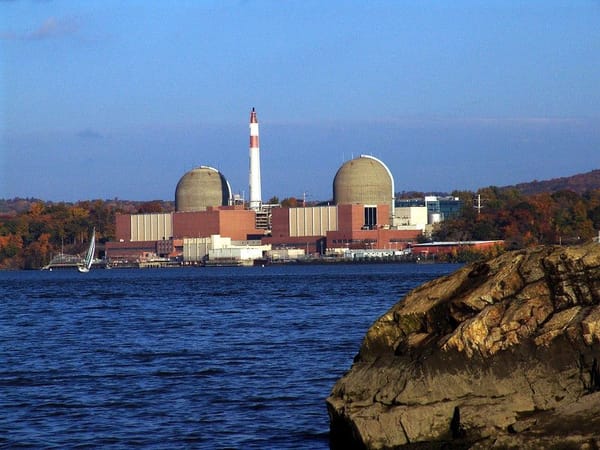When gas prices are sky high and the Biden administration is trumpeting unaffordable electric vehicles as the solution; when Germany continues to shutter its nuclear plants in the middle of an energy crisis; and when Sri Lanka descends into hunger, violence, and chaos because of a ban against oil-based synthetic fertilizers, it’s necessary to ask: Is the energy debate really about energy?
Forty years ago, an engineer at General Electric, Bertram Wolfe, asked the same question in the International Atomic Energy Agency Bulletin. Surveying the American scene after the energy crises of the 1970s, he noticed that the debates around energy—specifically whether to use nuclear energy, fossil fuels, and/or solar—tended to “obscure the underlying philosophical motivations which shape the arguments of the leading participants.”
Wolfe couldn’t have known it, but he had just identified what is now the dominant energy paradigm: Energy Lysenkoism.
Named after Trofim Lysenko, the Soviet scientist whose ideologically based rejection of modern genetics, fertilizers, and pesticides led to record crop failures and millions dead, Energy Lysenkoism tries, like its namesake, to enforce politics and ideology through science. Lynsenkoists distort the realities of energy to smuggle “degrowth ideology” into public policy, creating a paradigm of energy poverty that imperils the poor and working classes.
